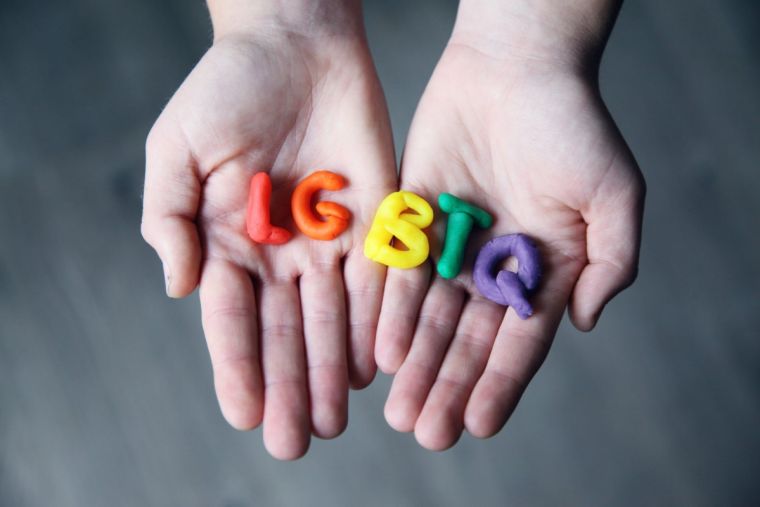Christians should be 'generous' about people's preferred pronouns, says JD Greear

Megachurch pastor JD Greear thinks Christians should be generous when it comes to how to address transgender people.
Hypothesizing about a transgender person coming into his church, he said he would be inclined to refer to them by their preferred pronoun.
Nowadays it's become fashionable for people to state on their social media accounts how they like to be referred to, for example 'he/him'.
But preferred pronouns have become a flash point in the transgenderism debate because some people believe that it's right to address others by the pronouns that correspond to the biological sex.
Greear, who is the president of the Southern Baptist Convention, waded into this debate on a recent episode of his "Ask Me Anything" podcast.
"Personally...if a transgender person came into our church, came into my life, I think my disposition would be to refer to them by their preferred pronoun," he said.
"I think Christians ought to be charitable in how they approach this. I don't think there's a definitive, once-for-all-time, right and wrong answer."
Continuing on with the theme of being charitable, Greear said that Christians should remember that if someone asks about pronouns, it could be an indicator that they are having a personal struggle with their gender or know someone who is.
Encouraging Christians to show sensitivity, he said the Church should be a sanctuary for all people, including transgender people.
"Too often, let's just acknowledge, the church has failed to be the sanctuary. The church ought to be the one place that people that struggle with sins of any kind ought to feel safe," he said.
"A lot of times this [question about pronouns' is asked by somebody who is in the midst of either themselves being transgender or they're trying to love somebody who is transgender and they're really struggling with what is a way to show this person respect and affirmation."
He concluded, though, by saying that it was a conscience issue that Christians should make up their own minds about and that, no matter what, they should speak the truth and show a "generosity of spirit".
"Those two things are bigger than the pronoun question," he said.











